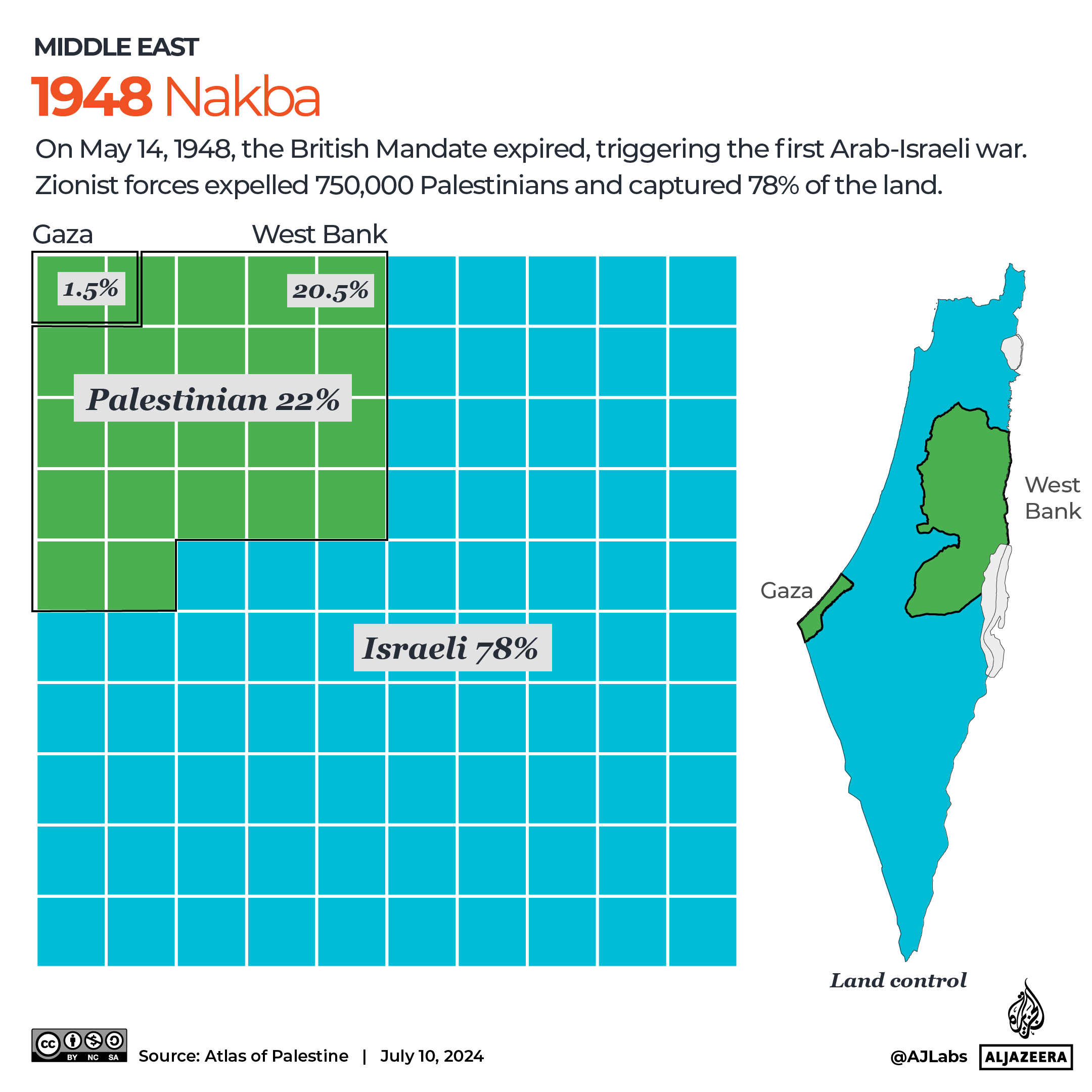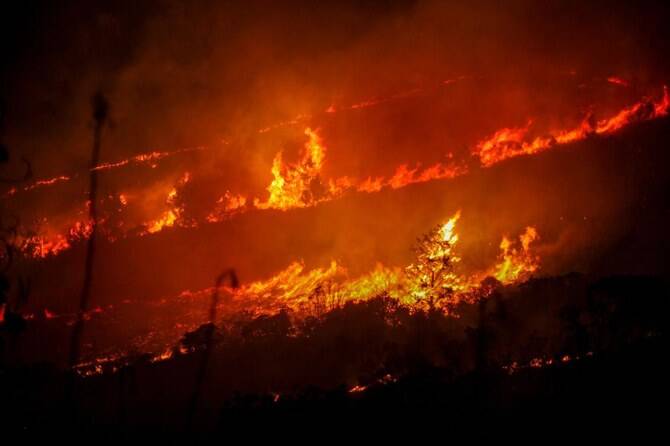Introduction
The situation in Palestine has been a focal point of international attention, marked by ongoing conflict and humanitarian crises. The complexities surrounding the region involve historical grievances, territorial disputes, and socio-political tensions that affect not only the immediate area but also international relations. Understanding the current state of Palestine is crucial for grasping the broader geopolitical landscape and its impact on global security and human rights.
Recent Developments
As of late 2023, the ongoing conflict in Palestine, particularly in Gaza and the West Bank, has escalated. Increased military actions and violent clashes have been reported, resulting in a significant rise in casualties among civilians, with various humanitarian organisations reporting alarming conditions. According to the United Nations, over 3,000 people have lost their lives in the recent escalations, with many more displaced and in dire need of humanitarian assistance.
Additionally, the recent elections in Israel have sparked discussions about the future of Palestinian territories, as differing political parties have varying stances on their relationship with Palestine. Israeli Prime Minister’s policies have faced criticism for exacerbating tensions, while international leaders call for renewed negotiations and ceasefires.
Humanitarian Impact
The humanitarian crisis in Palestine remains critical, with essential supplies of food, water, and medical aid severely compromised due to the ongoing blockade and conflict. The World Health Organisation has reported dwindling supplies in hospitals, leading to difficult conditions for medical staff trying to provide care amid bombardments. Reports indicate that more than two million people in Gaza require urgent aid, with many facing mental health issues due to the persistent threat of violence and instability.
International Response
The international community has been vocal regarding the need for peace and stability in the region. Countries worldwide have called for a ceasefire to allow humanitarian aid to reach affected populations. Various NGOs are mobilising efforts to provide relief and advocate for human rights in the region, stressing the necessity of dialogue and negotiation as the only viable pathway towards peace.
Conclusion
The situation in Palestine remains highly complex and volatile, with urgent needs for humanitarian assistance and an enduring resolution to the conflict. As events unfold, it is imperative for the international community to remain engaged and advocate for peace, as the repercussions of inaction may have far-reaching consequences. With calls for diplomatic efforts growing louder, there is a glimmer of hope that, perhaps, the coming months could foster an environment conducive to negotiations that may ultimately lead to stability and peace for the people of Palestine.


